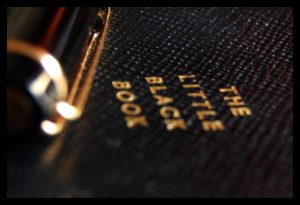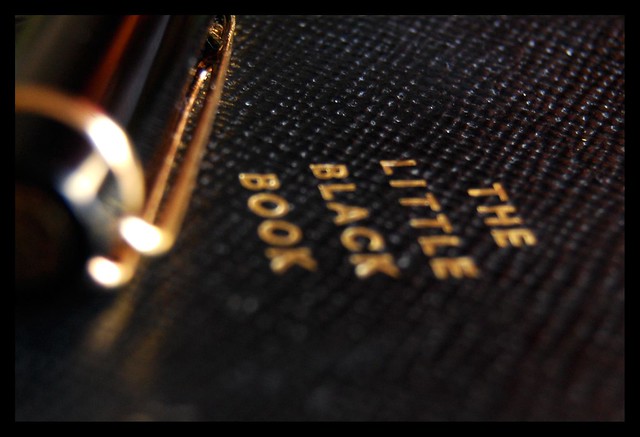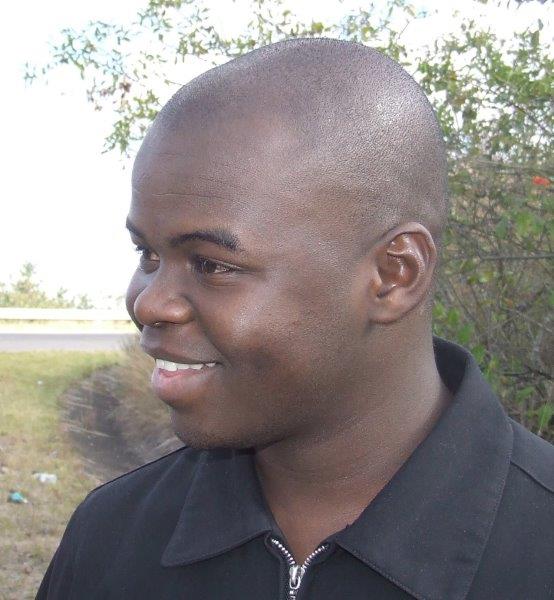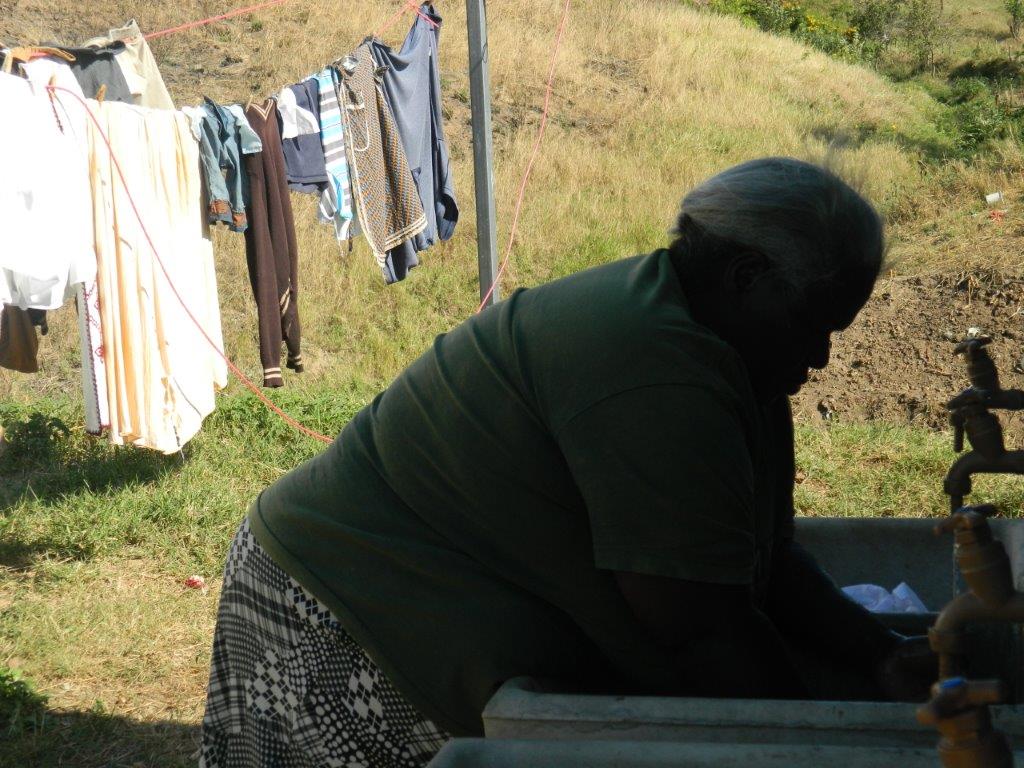Don’t be like those sad Millennials you see at some events, sitting staring at their smartphones. Use the time to cultivate contacts; work the room. Remember: you schmooze or you lose…
Never mind cash or content; often it’s contact that’s king.
This is a truth not always apparent to rookie writers, still dazzled by big budget operations, bylines and the meachanics of getting their stories published.
A measure of literary flair is no bad thing in a journalist, but apart from this, rat-like cunning and a plausible manner, it’s his ability to cultivate contacts, that determine his success.
Why so?
Contacts are often the best source of stories and they provide expert commentary on matters. They are people, officials, politicians, experts and professionals of all kinds on the end of the telephone line that you can dial for a quote, some background or perspective.
Vital
Many of us meet interesting and knowledgeable people all the time, who can potentially assist us in the future. But for this to happen it’s vital to record their details. We are talking here about keeping a contact book.
In an online forum post a couple of years back, a leading Durban freelance journalist offered the following advice:
“Something occurred to me today which has been very useful to me as a freelancer, and I thought I might pass it on.
“Around 25 years ago I set up a spreadsheet, where I write every phone number I ever gather during the course of my work. I write the name, surname, designation, contact number, e-mail address and description of every person, along with the story to which they were connected. The result is that I have hundreds of contacts, all easily referenceable.
“There are some that I might likely never ever phone again, but I have their number, just in case. One never knows when a contact from the past is going to come in useful.
“Sometimes I will find that a number is no longer valid – the person has moved on, their number has changed, etc… then I try to update the record to either the new person in that job, or the new number, or the new designation.
“Sometimes it’s a schlep to spend time capturing numbers, but I have never regretted that bit of effort, it has paid off handsomely.”
This is all very sound advice.
Gone for good
A simple book or alphabetical index can work well too, but it’s harder to search and update and it quickly fills up. And once lost it may be lost for good.
A better way might be to save contacts to the cloud using Google Contacts (although there are other free services online).
Record names; cellphone numbers; email addresses; physical addresses; job descriptions, areas of expertise… in fact anything useful, even birthdays (a useful excuse to phone someone every year to pick their brain).
It’s important to keep adding to your list and tweaking and correcting it.
Make it a cast iron habit to save every new contact you come across or any useful name or number that passes your way.
Get out there
But apart from harvesting names and numbers online and from emails you may receive, how do you get contacts?
You need to get out there into the wide world.

Attend events in your area of reporting interest to develop a better understanding of things and to meet the experts and other players in the field.
And if you are sent on an assignment to cover an event, don’t spend the lunch or tea break chatting to your friends or staring at your smartphone like all the other millennial. No, work the room. Strike up conversations; introduce yourself to the guest-speakers; ask them questions.
Now would be a good time to haul out your business card and more importantly collect other people’s.
Bingo! You have their details.
Then when you have a free moment save their details into your contact file — cards go missing but the cloud is for life (or a long while anyway).
Polite follow-up emails or calls to the newly-minted contacts can lead to story tip-offs; expert commentary etc.
Put it to use
You don’t have to wait for a story to break before you phone a contact.
One of Durban’s most effective crime reporters of recent years and now the editor of a KZN newspaper, got front page lead after front page lead because she made a point of using her contacts.
She had cultivated excellent contacts among the cops, court officials and workers at state and private morgues and would phone them regularly.
She broke a lot of good stories because, when you think about it, most of us go through the courts or have some dealings with police in the course of our lives. And death, of course, comes to us all.
Do the same in your area of expertise: Develop a list of contacts and then phone your peeps regularly.
Who knows, one day you might be an editor too. – Roving Reporters














